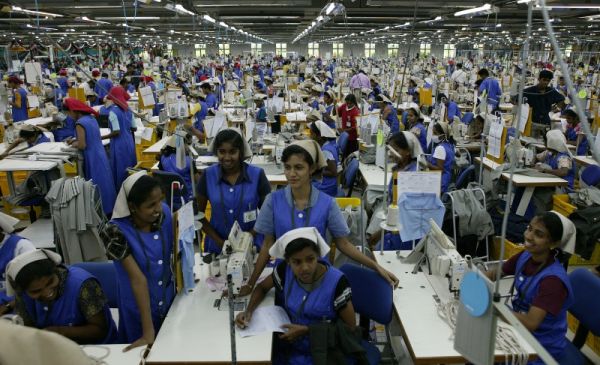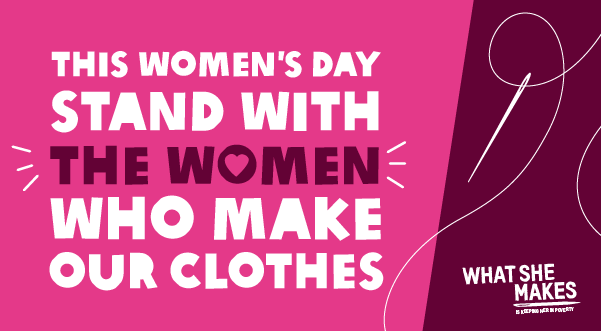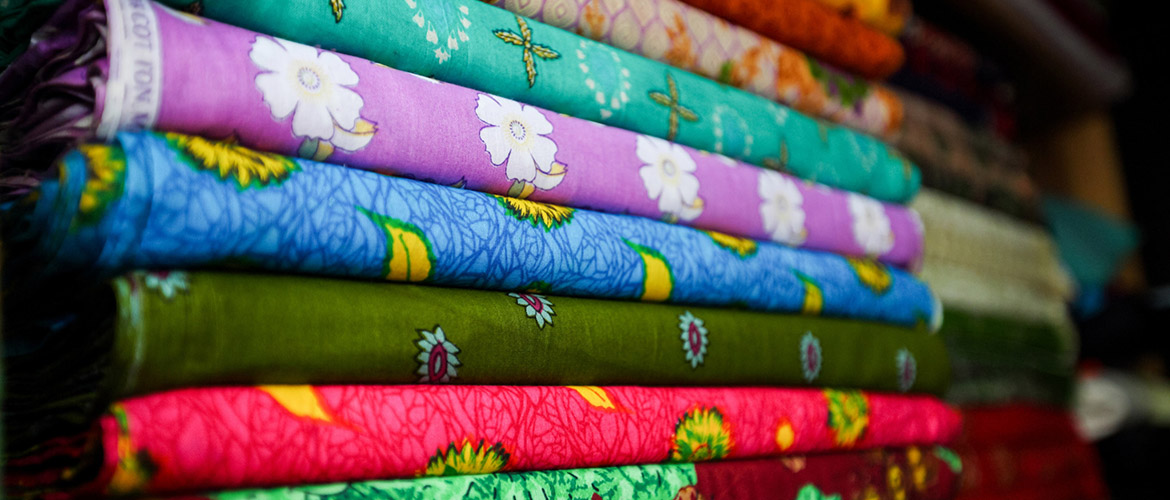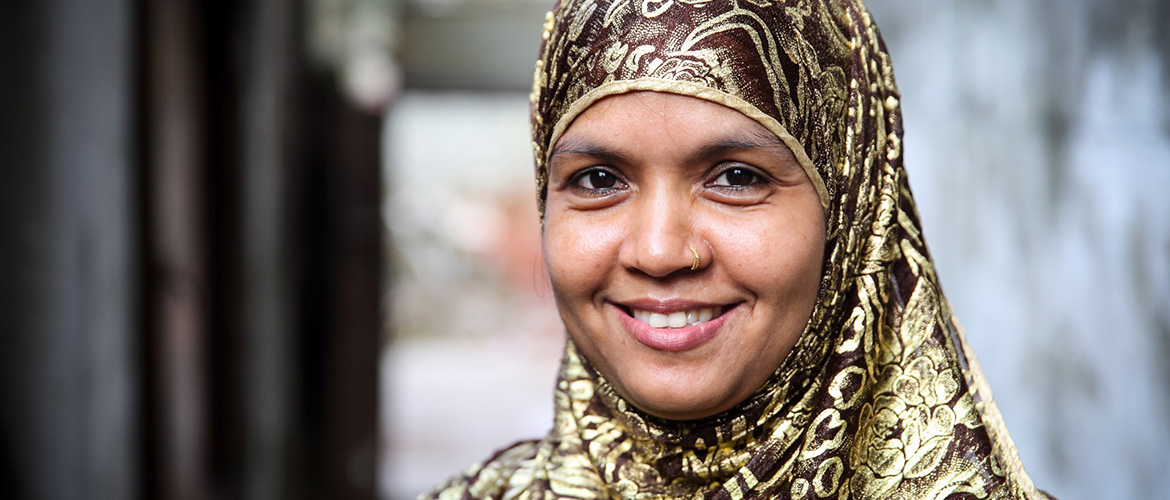Did you know it would take the average Sri Lankan sportswear worker 14,000 years to earn the Nike CEO’s annual pay?
While Nike CEO Mark Parker considers how to spend his 2010 compensation package of more than AUD$13 million, garment workers in Sri Lanka are struggling to afford nutritious food and basic medical care.
This fact is among the many sobering realities uncovered by the Trade Union Congress (TUC), which is co-ordinating the ‘Organising Sportswear Workers in Sri Lanka’ project to assist Sri Lankan garment workers in winning better pay and conditions.
The TUC has found that the low pay and poor working conditions in Sri Lanka’s sportswear sector are a health and safety risk to workers. According to a survey conducted by the Health and Safety Division of the government’s Labour Department, 66 percent of garment factory women, ages 18-28, have anaemia—a disorder commonly caused by iron deficiency.
A living wage could help lift these Sri Lankan women out of poverty and ensure they can access nutritious food and a decent standard of living.
Brands that source from Sri Lanka include Adidas, Nike, Speedo, Puma and Reebok. To date none of these brands have made a commitment to ensure a living wage is paid to workers throughout their supply chain.
Sportswear workers in Sri Lanka have decided that it’s time for these major brands to raise the bar on workers’ rights. They are asking brands to ensure that the women and men manufacturing their products earn decent wages.
The Free Trade Zones & General Services Employees Union is currently training workers on their rights and how to organise to claim those rights through collective bargaining. They hope that the project will benefit as many as 27,350 workers, 79% of whom are women.
The training project is supported by the TUC and conducted as a part of the PlayFair 2012 campaign, which is calling on the sportswear industry and Olympic movement to ensure that the rights of sportswear workers are protected. In the words of Sri Lankan labour representative, Anton Marcus, ‘[t]he Playfair 2012 Olympic campaign preserves the right to pressure to improve the rights of the real players who are behind the Games’.
What if you were CEO?
If you were given the opportunity to act as Nike’s CEO, what changes would you make?
Sri Lankan garment workers organise to win better pay and conditions
Read more about the TUC Sri Lankan sportswear worker project



